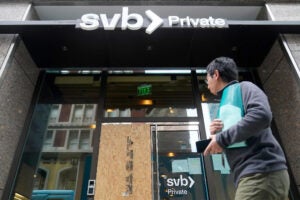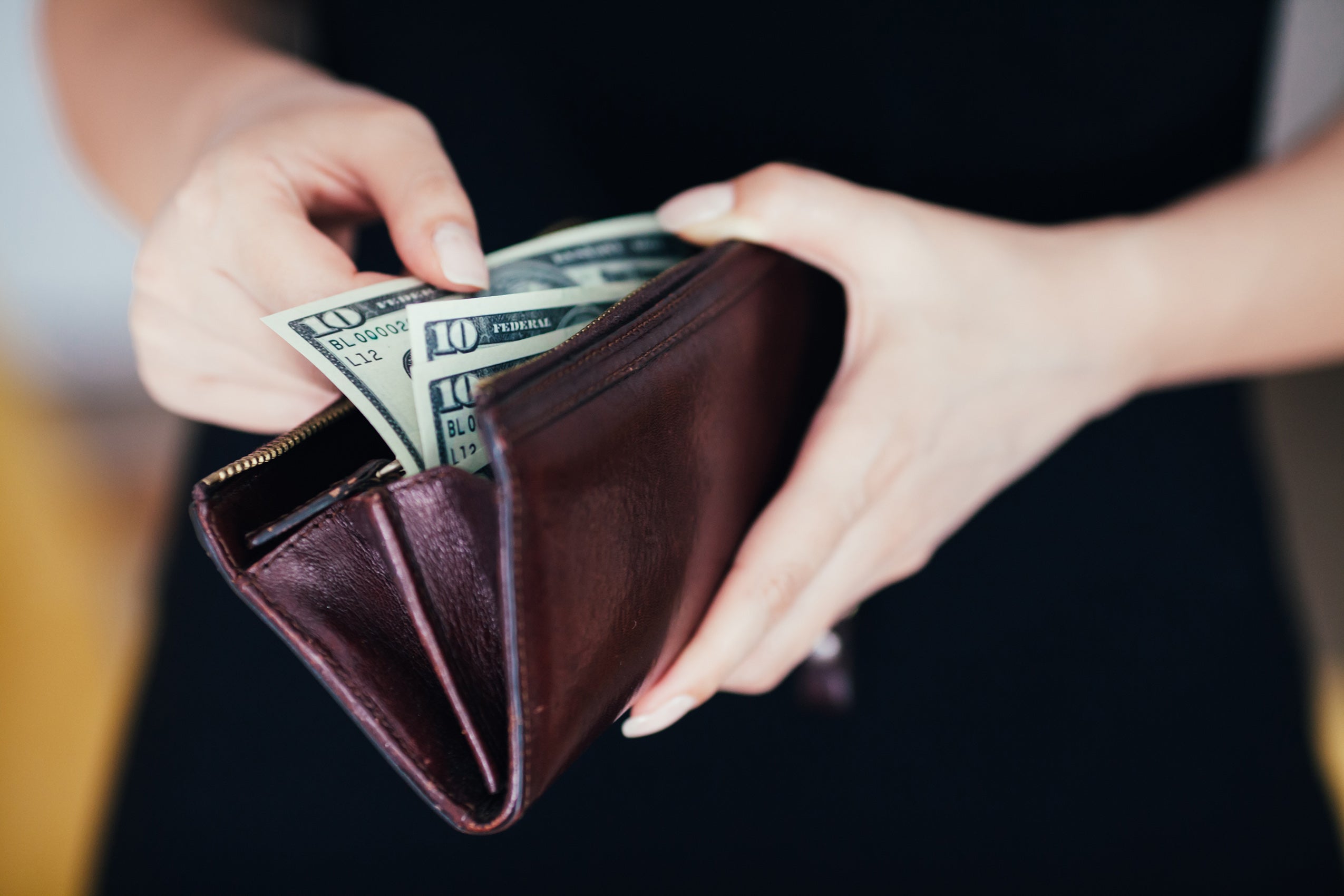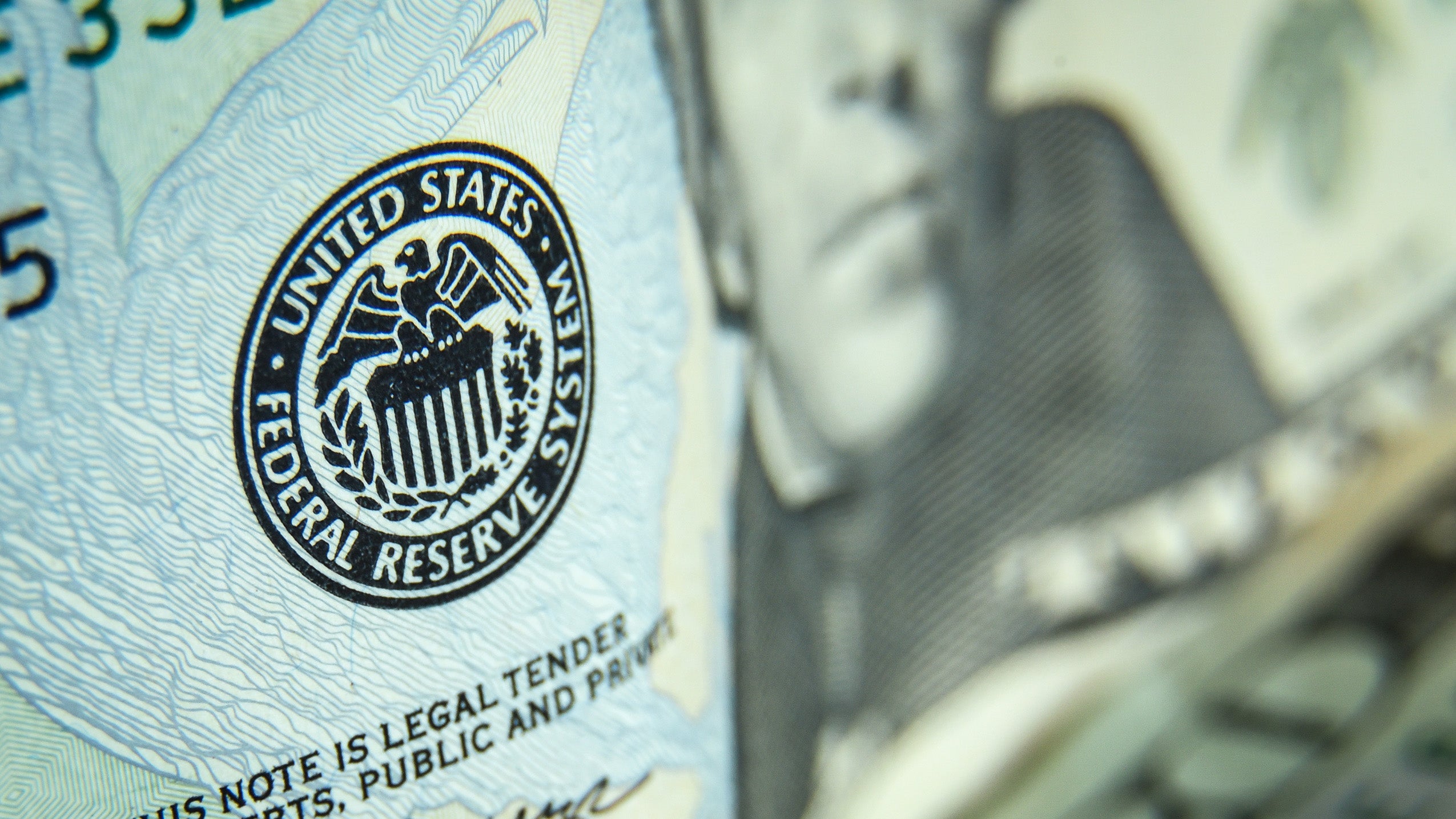People
Daniel Tarullo
-
The Fed Can’t Manage Inflation Without Knowing Why It Happens
October 30, 2023
Someone pointed to an interesting 2017 paper written for the Hutchins Center on Fiscal & Monetary Policy at the Brookings Institution by Daniel Tarullo, former…
-
Bloomberg Wall Street Week – August 25th, 2023
September 12, 2023
On this edition of Wall Street Week, Lori Calvasina, RBC Capital Head of US Equity Strategy and Scott Chronert, Citi US Equity Strategist tell us…
-
Dan Tarullo, Nomura Professor of International Financial Regulatory Practice at Harvard Law School and a nonresident fellow at the Hutchins Center at Brookings, was the…
-
Jerome H. Powell is likely to face more than the typical questions about the Federal Reserve’s latest interest rate decision on Wednesday. The central bank…
-
When Congress rewrote the rules for Wall Street following the 2008 financial crisis, it put the Federal Reserve at the center of oversight for the…
-
One week after the stunning collapse of Silicon Valley Bank, policymakers in Washington are confronting the uncomfortable prospect that they could have anticipated the trouble…
-
Bailouts for everyone?
March 16, 2023
Daniel Tarullo, who served as a Fed regulator, discusses the moral hazard and the implications for inflation after the SVB collapse rocks Washington and Wall Street.
-
Federal Reserve and Lawmakers Eye Bank Rules After Collapse
March 16, 2023
The Federal Reserve is facing criticism over Silicon Valley Bank’s collapse, with lawmakers and financial regulation experts asking why the regulator failed to catch and…
-
An op-ed by Daniel Tarullo: The repercussions of the Silicon Valley Bank failure are still rippling through the financial system. While much remains to be…
-
Nowadays, Daniel Tarullo teaches at Harvard Law School. But not too long ago, he was leading the charge on bank regulation. Between 2009 and 2017,…
-
Powell’s Legacy Risks Being Tarnished More by SVB Collapse
March 15, 2023
The collapse of Silicon Valley Bank threatens to further besmirch the reputation of Federal Reserve Chair Jerome Powell, on top of the blemish he’s suffered…
-
On Monday, a day after federal regulators stepped in to stem a potential crisis triggered by two sudden bank failures, Senator Elizabeth Warren was seething.
-
Where Were the Regulators as SVB Crashed?
March 13, 2023
Silicon Valley Bank’s failure boils down to a simple misstep: It grew too fast using borrowed short-term money from depositors who could ask to be…
-
U.S. regulators took control of a second bank Sunday and announced emergency measures to ease fears depositors might pull their money from smaller lenders after…
-
Tarullo on Powell’s Speech in Jackson Hole
August 29, 2022
Daniel Tarullo, former Federal Reserve Board Governor and Harvard Law School Professor, joined “Bloomberg Markets: European Close” with Kailey Leinz and Guy Johnson following Fed…
-
Fed up with inflation
January 24, 2022
Former Federal Reserve Bank member Daniel Tarullo says the Fed has “fallen behind the curve” in raising interest rates to help tame rising inflation and “needs to play some catch-up.”
-
A rising tide?
August 3, 2021
Harvard Law Professor and Federal Reserve Board veteran Daniel K. Tarullo discusses inflation and the United States’ economic recovery.
-
Salzburg Cutler Fellows forge online connections
May 18, 2021
The ninth annual Salzburg Cutler Fellows Program brought together 53 law students from across the U.S., including four from Harvard Law School, to explore the future of public and private international law.




